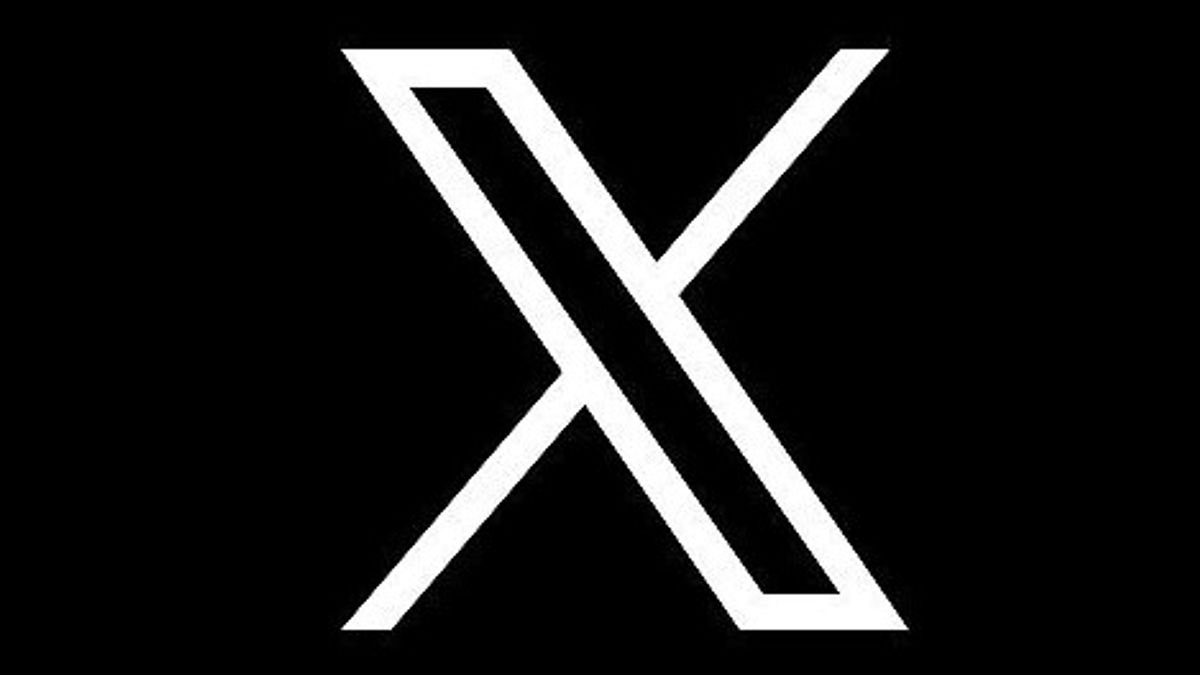JAKARTA - A trial at Australia's Federal Court has raised debates over the policy of removing online content between X ( formerly known as Twitter) and Australia's cybersecurity regulator.
This is related to the order of the eSafety Commissioner to remove 65 shipments on X showing a video of a Christian bishop who was stabbed while preaching in Sydney last month, which authorities considered a terrorist attack.
During the trial, Tim Begbie, a lawyer representing cyber regulators, stated that X has a policy to remove harmful content as he wishes, but should not be allowed to ignore Australian law in determining what Australians can see on the internet.
Begbie stressed that X should not be able to choose to carry out global deletion unilaterally.
"X says... global abolition is natural when X does it, because X wants to do it, but it becomes unnatural when X is asked to do it based on Australian law," said Begbie's team, the lawyer, in a hearing at the Federal Court, Australia's second highest court.
Another platform, such as Meta, quickly removes its content when requested, "he said. He also added that X has a policy to remove content that is very dangerous, as responsible services do.
However, X's opposition to global abolition cannot be deemed correct because it will determine the definition of "student" in Australia's Online Security Act terminology, he said.
"The global abolition under these circumstances is a natural step," he said. "This will achieve what parliament wants, which is that there is no accessibility for end users in Australia."
Meanwhile, X's attorney, Bret Walker, argues that the order for global deletion will result in the rejection of access to the content for all users in the world, not just in Australia. Walker stated that this was inconsistent with the principle of freedom of speech.
SEE ALSO:
However, Begbie insists that this conflict is not about freedom of speech, but about the practical suitability of Australian law that gives regulators power to protect citizens from highly unacceptable content.
"The idea that it would be better for the whole world not to see clearly this new news, the possibility to shape their own views, and to consider other people's views... is a matter of surprise," he told the court.
"There should be more than just concerns that the country will take the approach that if this is the only way we can control what is available to end users in Australia, then this is a natural step to turn it down to everyone on earth."
While this matter is in court, Federal Court Judge Geoffrey Kennett has issued a temporary suspension order against the shipment. On Friday, he extended his temporary suspension order until June 10 when he would give the final decision.
This controversy underscores complexity in balancing free speech with the need to protect the public from harmful content. The case also highlights global challenges in regulating the internet and online content in the digital era.
The English, Chinese, Japanese, Arabic, and French versions are automatically generated by the AI. So there may still be inaccuracies in translating, please always see Indonesian as our main language. (system supported by DigitalSiber.id)


















